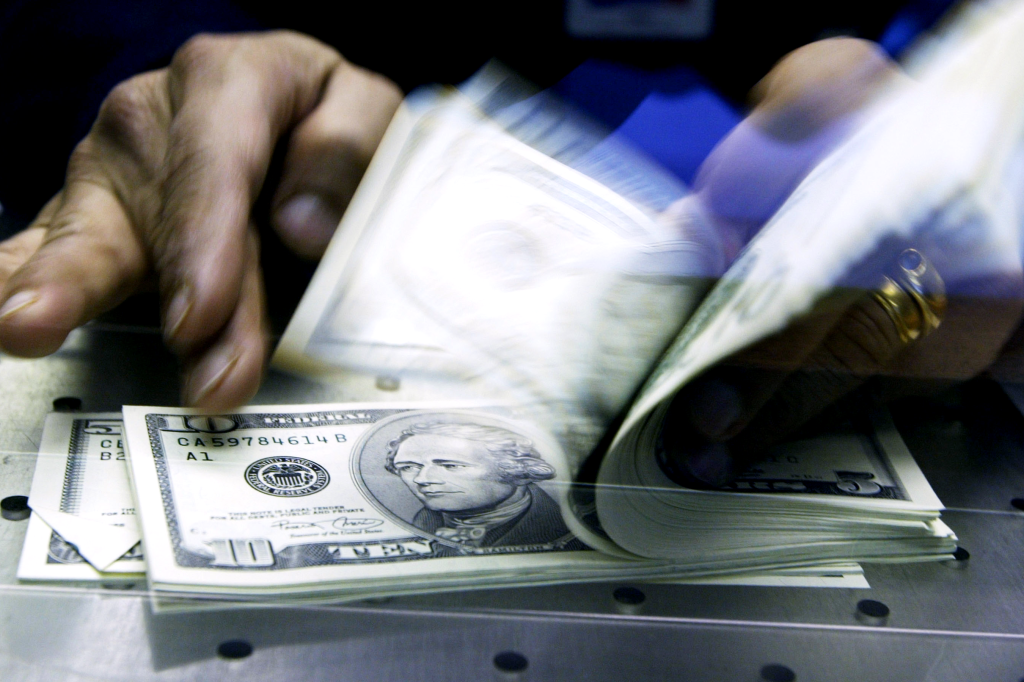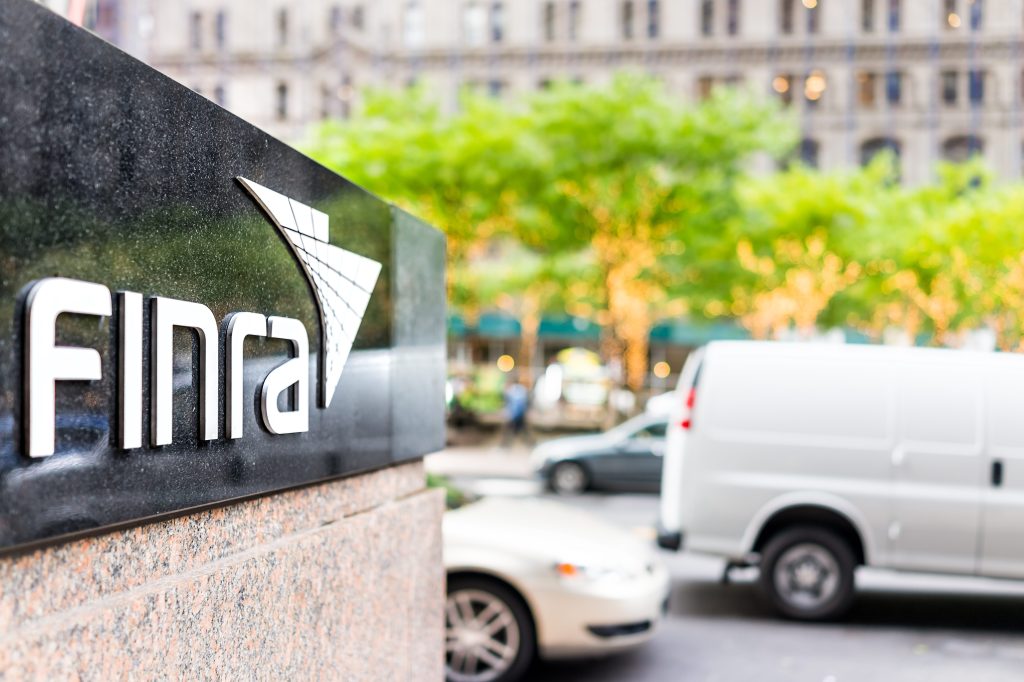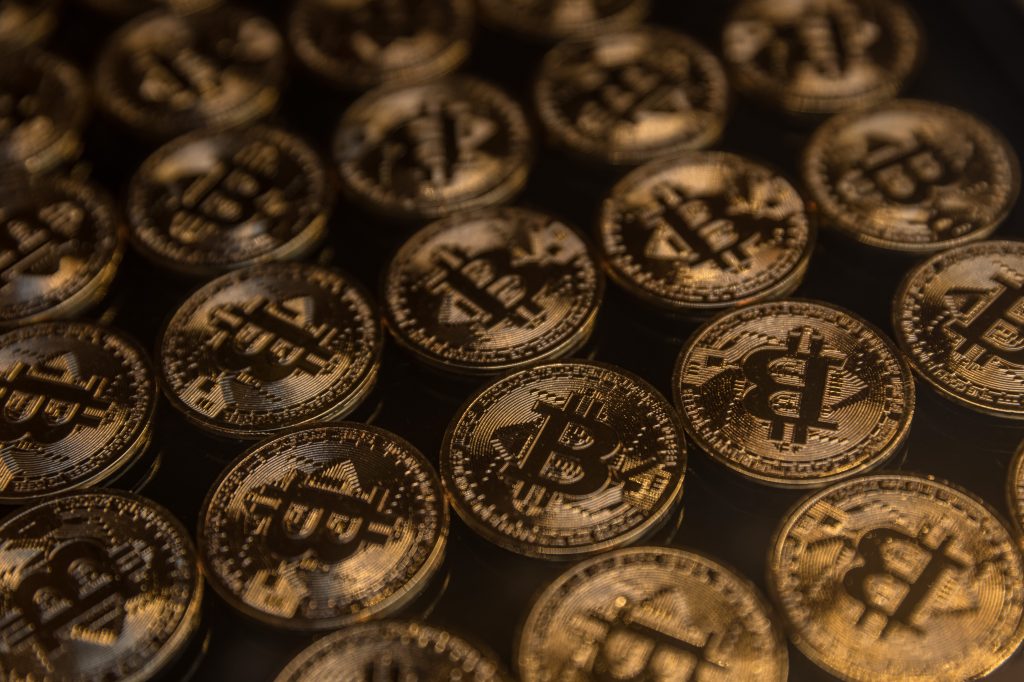The SEC has adopted two rules that represent the biggest overhaul of the Treasury market in decades, market participants say.
They require market participants who engage in certain dealer roles, in particular those who take on significant liquidity-providing roles in the markets, to register with the SEC, become members of a self-regulatory organization, and comply with federal securities laws and regulatory obligations.
By obligating those who routinely deal in US government bonds to register as broker-dealers, the securities regulator hopes to subject them to standard broker-dealer capital and liquidity obligations (among others), stricter oversight, and add transparency to the brokerage industry. It is part of a broader effort to fix structural issues regulators say are causing liquidity problems in the $26 trillion Treasury market.
The rulemaking – first proposed in March 2022 – applies to broker-dealers if they meet either of two activity-based tests.
Mainly, those firms routinely expressing interest in trading at the best available prices on both sides of the market or that mainly derive revenue by trading on the spread between securities’ bidding and asking prices or from incentives offered by trading venues would be covered. So proprietary trading funds (trading from your own accounts), private funds, and some others who make money by buying low and selling high in the US Treasury marketplace would be targeted.
“These measures are common sense. Congress did not intend for registration and regulatory requirements to apply to some dealers and not to others.”
SEC Chair Gary Gensler
Requirements
Absent an exception or exemption, market participants who qualify under the definition would be required to:
- register with the Commission under Section 15(a) or Section 15C, as applicable;
- become a member of an SRO; and
- comply with federal securities laws and regulatory obligations and applicable SRO and Treasury rules and requirements.
The final rules exclude any person that has or controls total assets of less than $50m. The final rules further exclude investment companies registered under the Investment Company Act of 1940, as well as central banks and international financial institutions.
Risk management
When dealers register with the SEC, they become subject to a variety of rules, including minimum capital requirements, reporting data to regulators, and keeping books and records.
But Congress, in crafting the securities laws from the 1930s, had exempted Treasury securities (and government securities dealers, thereby) from these provisions. This rule aims to correct for what the majority of the SEC called an oversight in terms of exclusion form important risk management requirements.
“Today’s action may reduce liquidity in the Treasury markets, make them more volatile, reduce the number of liquidity providers, and increase debt costs to taxpayers.”
Mark Uyeda, Commissioner, SEC
“I am pleased to support this adoption because it requires that firms that act like dealers register with the Commission as dealers, thereby protecting investors as well as promoting market integrity, resiliency, and transparency,” said SEC Chair Gary Gensler. “These measures are common sense. Congress did not intend for registration and regulatory requirements to apply to some dealers and not to others. Absent an exemption or exception, if anyone trades in a manner consistent with de facto market making, it must register with us as a dealer – consistent with Congress’s intent.”
Gensler said broker-dealers transacting in government bonds use algorithmic trading, high-frequency trading and other strategies, acting in a manner consistent with dealers in the securities markets. Nevertheless, despite acting as market makers and participating in buying and selling securities or government securities “as a part of a regular business,” they have not had to register with the SEC, he said.
Dissenting voices
The SEC’s five commissioners voted 3-2, with the Republican members objecting.
Commissioner Hester Peirce said the new rule turns traders, many of whom are customers, into dealers. She says the SEC has long distinguished “between market participants that operate a dealing business and those that operate an investing and trading business”.
“The rule the Commission is considering today obliterates this distinction by extending the definition of ‘dealer’ to market participants that run investing and trading businesses, not dealing businesses,” Peirce argues.
Commissioner Mark Uyeda agreed, and said the “lack of any limiting principle creates the potential for arbitrary and capricious government action”, and today’s action could reduce liquidity in the Treasury markets, make them more volatile, and reduce the number of liquidity providers, among other things.
Treasury market
In December, the SEC issued new rules aimed at reducing systemic risk in the $26 trillion US Treasury market. They were designed to direct more trades through clearing houses, while offering some concessions to industry participants who submitted comments and pushed back when the rules were first proposed a little over a year ago.
The five-member Commission voted 4-1 to finalize the new rules, marking the most significant overhaul in decades of the world’s largest bond market, a global benchmark for assets.












